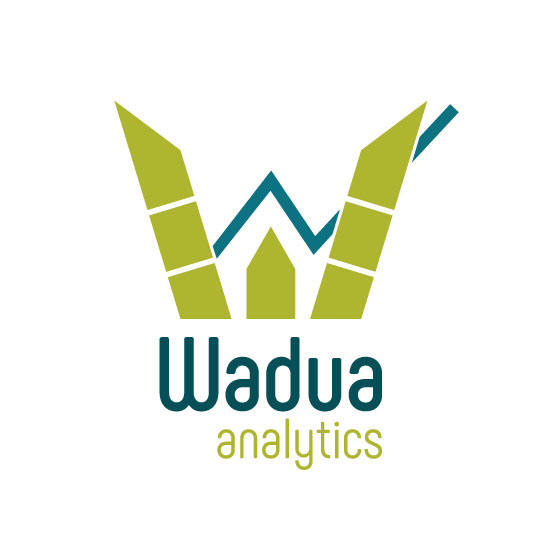Fatigue and frustration are familiar sensations for those who face the challenge of gathering, analyzing, and presenting reports in the business environment. How much time do we lose in the task of gathering data, generating reports, and performing calculations month after month? How many valuable moments with friends and family do we sacrifice for the sake of meeting deadlines?
It is a situation that, unfortunately, is often repeated in many companies. The commitment to delivering accurate and timely data analysis is ever-increasing, and the pressure to achieve it often leaves us exhausted and with little time to dedicate to actual data analysis.
So, what can we do about it? The answer lies in making the most of analytics tools. These tools have the potential to completely transform the way we approach data collection, analysis, and presentation.
Imagine being able to reduce report and chart creation, thus freeing up valuable time that we can dedicate to deeper analysis and informed decision-making. This not only allows us to work more efficiently but also gives us the opportunity to regain balance between our work and personal lives.
However, it is important to consider some key conditions to ensure the success of this transformation. Firstly, data must come from reliable sources and be regularly updated. Additionally, it is essential to establish clear and well-defined rules for data processing, avoiding the introduction of ambiguous rules that may lead to inconsistencies in results.
In summary, analytics tools offer a solution to streamline the reporting process and free up time for data analysis. However, it is crucial to approach this transformation with caution, ensuring that we establish the proper foundations to guarantee the reliability and consistency of processed data. In this way, we can maximize the potential of these tools and face the challenges of data analysis with greater ease.
At Wadua Analytics,
we have the experience to accompany teams and companies in culture change processes, towards the goal of a data-driven culture.
Our goal is for users to truly decide to explore the tools and give themselves the opportunity to see how data could generate an excellent quality of life.



